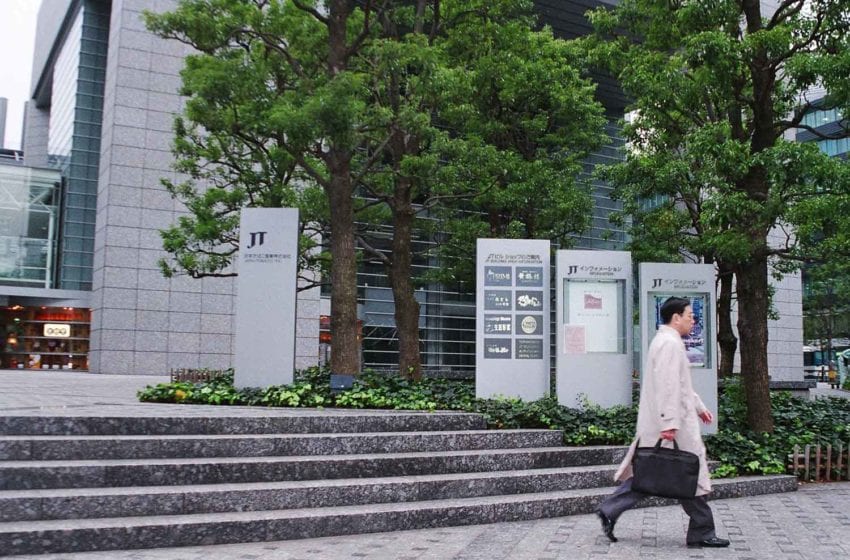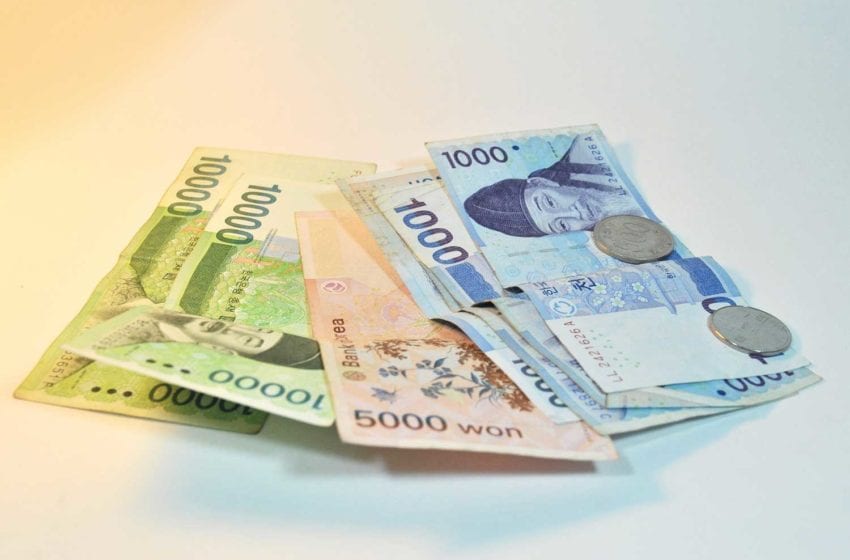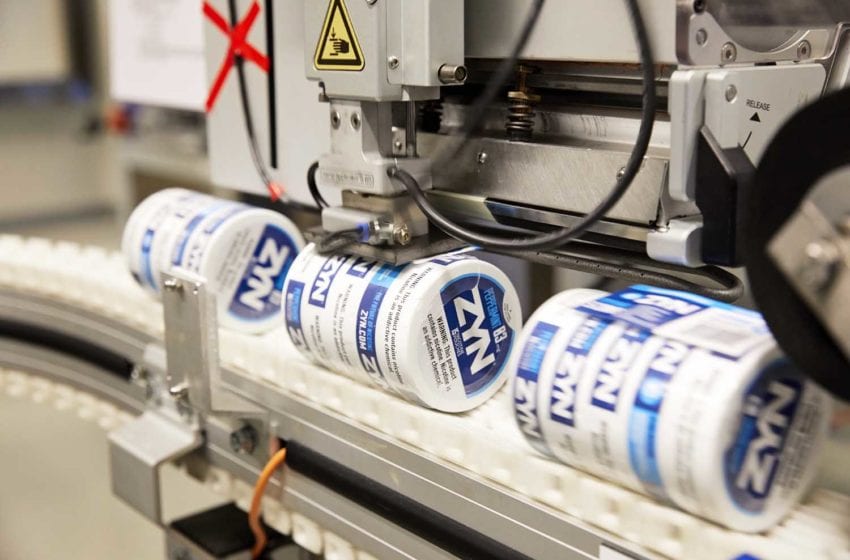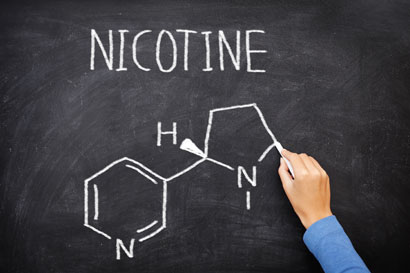Diversity and equal opportunities are an integral part of JTI’s business success. Read More
Tags :JTI
JTI is one of 17 companies to be honored with the Global Top Employer award.Read More
Previously, Solomakhin was director of sales for JTI’s southern Russia region.Read More
The multinational expanded its manufacturing plant in Batangas City last year. Read More
The Trier facility has a special place in the JTI group, says the plant manager. Read More
JTI’s Cormac O’Rourke reflects on Malaysia’s struggle against the illicit trade in tobacco products. Read More
The cigarette manufacturer will lease several floors in a different Tokyo skyscraper.Read More
South Korean smokers are turning out to be more brand loyal than their car driving and beer drinking compatriots.Read More
Unburdened by the legacy of traditional tobacco products, nicotine pouches are starting to catch on.Read More
The scientific evidence is clear that nicotine itself is not responsible for smoking-related diseases.Read More










